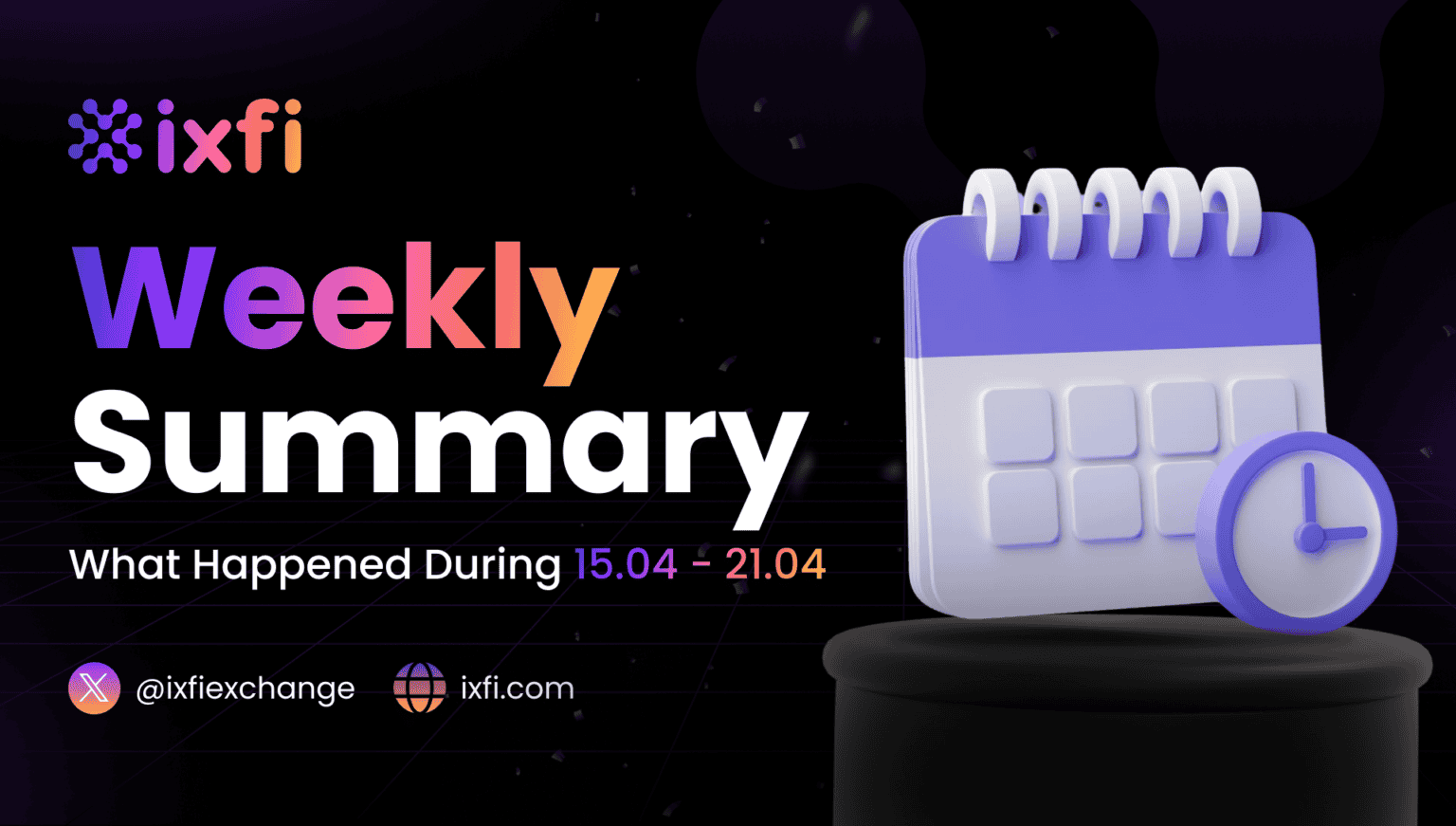Compliance with directives against money laundering (or AML, short for Anti Money Laundering) is essential to prevent financial risks through banks and other official financial institutions.
However, with e-commerce growth, online payments, and many different forms of virtual payments using real money getting popular, business growth was met by a significant increase in schemes and online fraud. This AML compliance prevents financial crimes because it’s a process that consists of laws, regulations, and policies at the international level.
Why is this AML compliance necessary?
Anti Money Laundering is not only important and necessary but is also mandatory by law. In the absence of clear measures, drug trafficking groups and other illegal activities can smuggle dirty money, made through non-ethical and unlawful actions, into an official financial system, like a bank.
The first step is called placement. In the second step of money laundering, called stratification, criminals and their connections move the money through several accounts, separating amounts one from another so their origin is lost and they’re harder or impossible to track. In the absence of AML compliance, these criminals can get past the first two steps in the money laundering process – but they can also integrate the money back into society with no questions asked.
Some examples of such directives?
Each country has its directives, but among AML charges approved by the European Union is the identification of large amounts of money that do not seem to have classic origins. So, for example, an amount like $5,000 transferred by the employer to an employee as a monthly payment through the bank they agreed on won’t catch financial regulators’ eyes because there is a reason for that transfer. Therefore, undeclared activities are targeted regardless of their nature, like wins from gambling, bets, or even from sectors like cryptocurrencies, where investors make a profit. Several transformations of directives across the years include actualizations regarding terrorist financing, increased research on large amounts of money from transactions, and sanctions for AML violations.
From January 2020, a directive was introduced motivated by the growth of terrorist activity from that time, emphasizing prepaid cards and the cryptocurrency sector. After that, the concept of PEP was introduced or politically exposed persons. These regulations impose country members of the European Union to form lists of people with important positions that are susceptible to bribery and corruption.
The most critical and recent law, which is part of the 5th AML directive approved by the European Parliament, concerns decentralized electronic wallets. Besides, regulations will oblige trading platforms to give banks and authorities information about every transaction over €1,000.
How can money laundering be identified through crypto?
Cryptocurrency service platforms should verify transactions for eventual suspect implications to prevent money laundering. Financial Action Task Force, or FATF, has published a report in 2020 about tactics of money laundering through cryptocurrencies that include signals like:
- multiple transactions with small amounts
- transactions that do not fit the user’s risk profile
- transactions that lead to several losses
- the exchange of FIAT money through accounts with no apparent purpose
FATF also tries to identify suspect users who attempt to profit from cryptocurrencies’ anonymous profiles, like exchanges through accounts from the same IP address, errors, mistakes in KYC documents uploaded by respective accounts, or falsification.
The most crucial factor is that criminals that want to launder money can hire other people to do these transactions with cryptocurrencies on their behalf. Most of the time, these are users who make deposits that do not fit their net worth profile or are not familiar with the financial products they’re using.
How can money laundering through crypto be prevented?
The nature of Blockchain is that this technology is open to everyone. It’s a public ledger where once a transaction is made, it remains in the registry forever, without giving the possibility to change it. Thus, the way the cryptocurrency market works is unintentionally built to support fraudulent transactions.
The question is if banks and fiscal authorities, using traditional and old styles, can understand crypto and its tech particularities on time. The inclusion of courses about Blockchain in Finance-Banking universities remains to be seen and taken into consideration. Some companies operate on the Blockchain and ensure a safer space for cryptocurrency transactions, and authorities can work together with these companies. Several businesses analyze Blockchain data, and they can track transactions to identify when and where illegal activities happened.
At IXFI, we take security very seriously. That is why our KYC process is very reliable, and the best part is that it doesn’t even take long to complete. Count on Your Friendly Crypto Exchange to keep your assets safe and your needs met. Join IXFI and be part of the change towards a decentralized future.
Disclaimer: The content of this article is not investment advice and does not constitute an offer or solicitation to offer or recommendation of any investment product. It is for general purposes only and does not take into account your individual needs, investment objectives and specific financial and fiscal circumstances.
Although the material contained in this article was prepared based on information from public and private sources that IXFI believes to be reliable, no representation, warranty or undertaking, stated or implied, is given as to the accuracy of the information contained herein, and IXFI expressly disclaims any liability for the accuracy and completeness of the information contained in this article.
Investment involves risk; any ideas or strategies discussed herein should therefore not be undertaken by any individual without prior consultation with a financial professional for the purpose of assessing whether the ideas or strategies that are discussed are suitable to you based on your own personal financial and fiscal objectives, needs and risk tolerance. IXFI expressly disclaims any liability or loss incurred by any person who acts on the information, ideas or strategies discussed herein.




